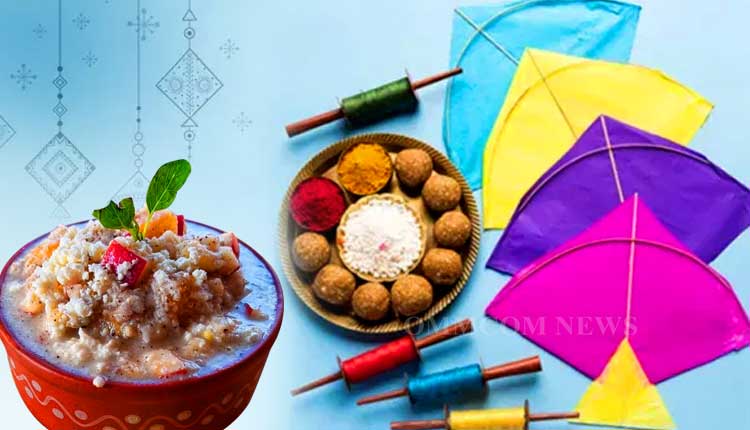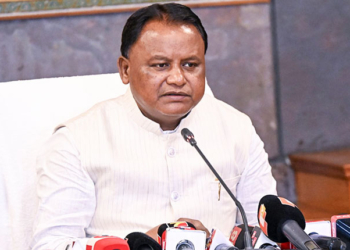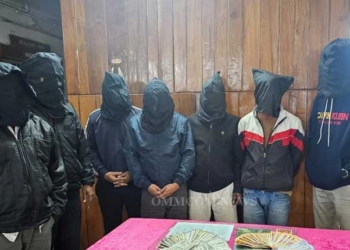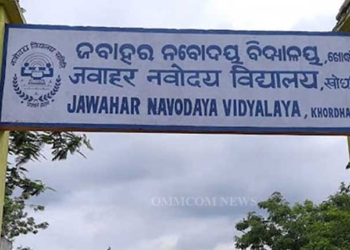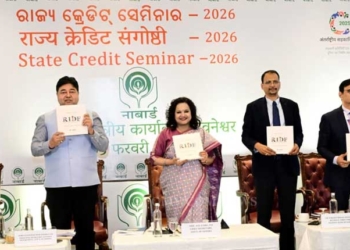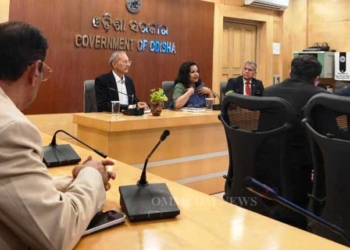Bhubaneswar/Mayurbhanj: Makar Sankranti, which is celebrated in the middle of January, is among the few ancient Hindu festivals observed according to solar cycles. Most Hindu festivals are observed by the lunar cycle of the lunisolar Hindu calendar. Makar Sankranti is very popular in Odisha and all Hindu families celebrate it. The Kudmi community in the region, especially young girls, celebrates the Tusu Parba on this occasion with songs, folklore, food, and festivity.
Devotees prepare makar chaula (uncooked newly harvested rice), banana, coconut, jaggery, sesame, Khai/Liaa, and chhena puddings for offerings to the gods and goddesses. This is also the time when the winter draws to an end and people make changes in their food intake and habits. From this day the Sun changes its movement and the daytime increases gradually.
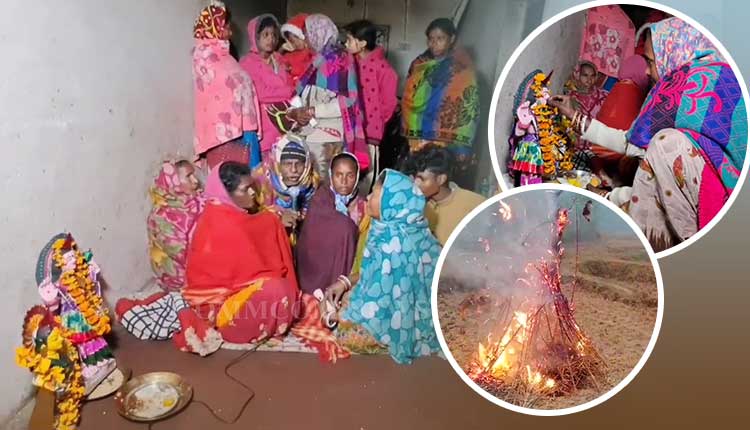
Makar melas (fairs) are organised in many parts of the state. Numerous devotees visit the Sun Temple in Konark as the festival is intricately connected to the movement of the Sun. In the tribal-dominated Mayurbhanj, Keonjhar, Kalahandi, Koraput, and Sundargarh districts, the Makar Sankranti is celebrated with religious fervor and great joy. They celebrate this festival with great enthusiasm, singing, dancing and making merry. The importance of the Makara Sankranti celebration is next to the Odia traditional New Year Maha Vishuva Sankranti which falls in mid-April. Tribal groups celebrate with traditional dancing, eating their particular dishes sitting together, and lighting bonfires.
In urban places, people celebrate it with flying kites.
Makar Sankranti is also celebrated in some popular temples in Odisha like Dhabaleswar in Cuttack, Hatakeshwar at Atri in Khurdha, and Makara Muni temple in Balasore. In Puri, special rituals are carried out at the Jagannath temple.
Tusu Parab
The Tusu festival (also known as Tusu Parab) is a tribal festival in tribal Odisha observed on Makar Sankranti by young girls of certain communities, mostly Kudumi, Bastiti, Rajual, and others. It is celebrated in Mayurbhanj and Keonjhar in a major way. The key features of the celebrations are the Tusu songs which are folk music, the food, and the fair. They worship the idol of Goddess Tusu and several competitions are organised. The festival ends with the immersion of Tusu idols in a pond.




